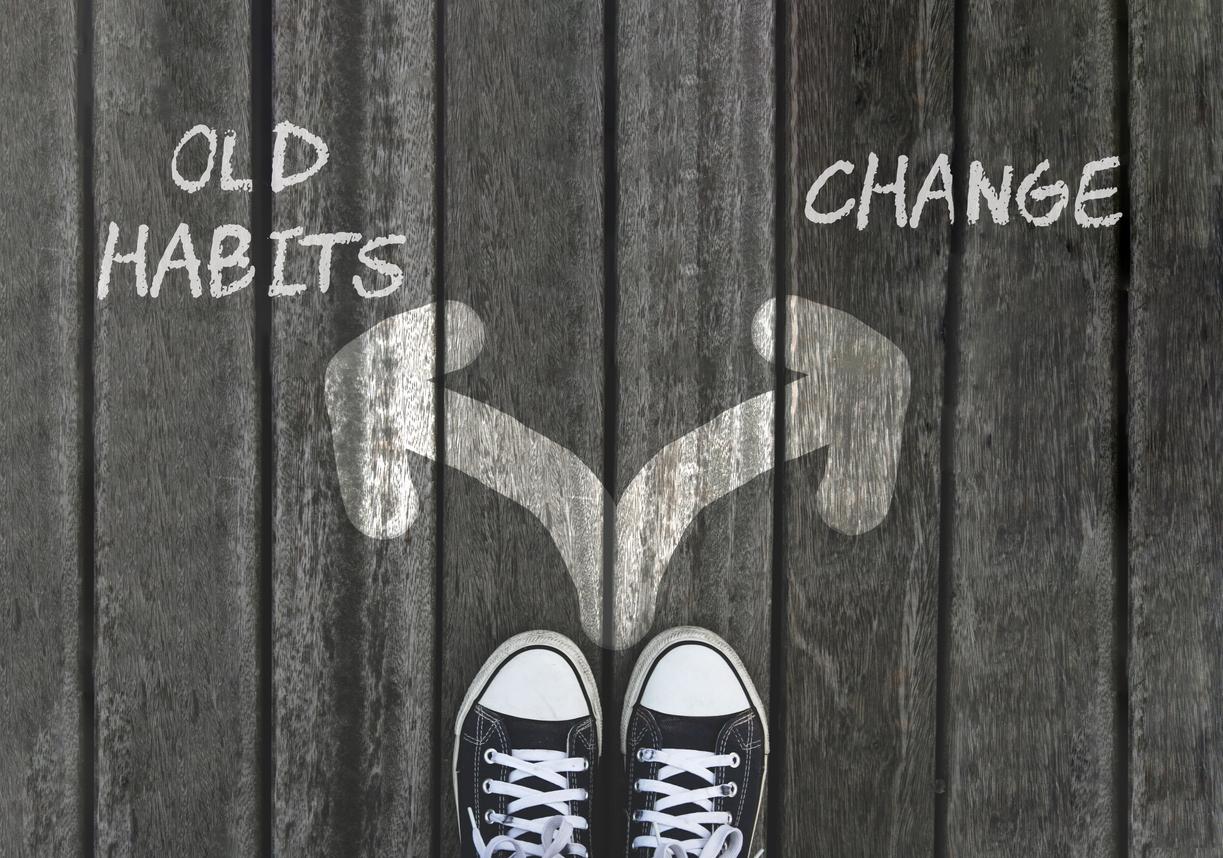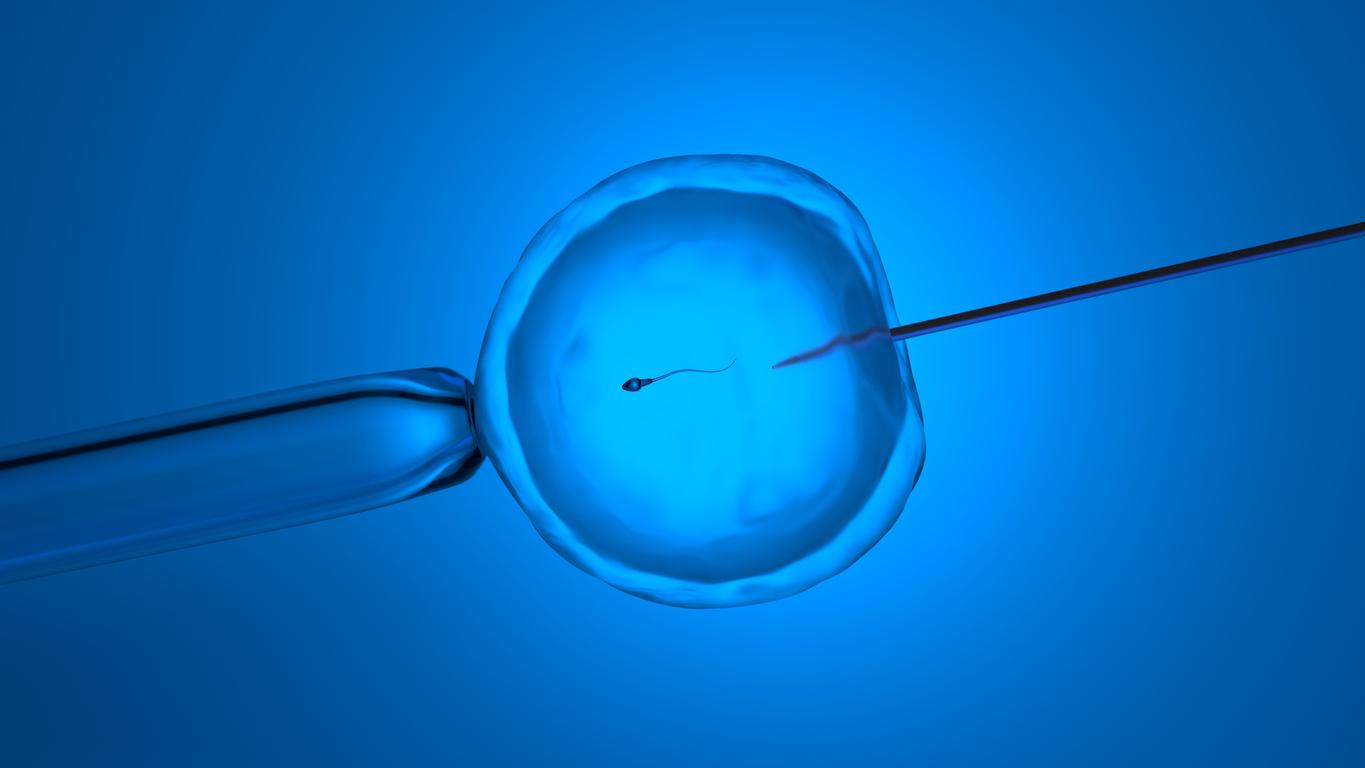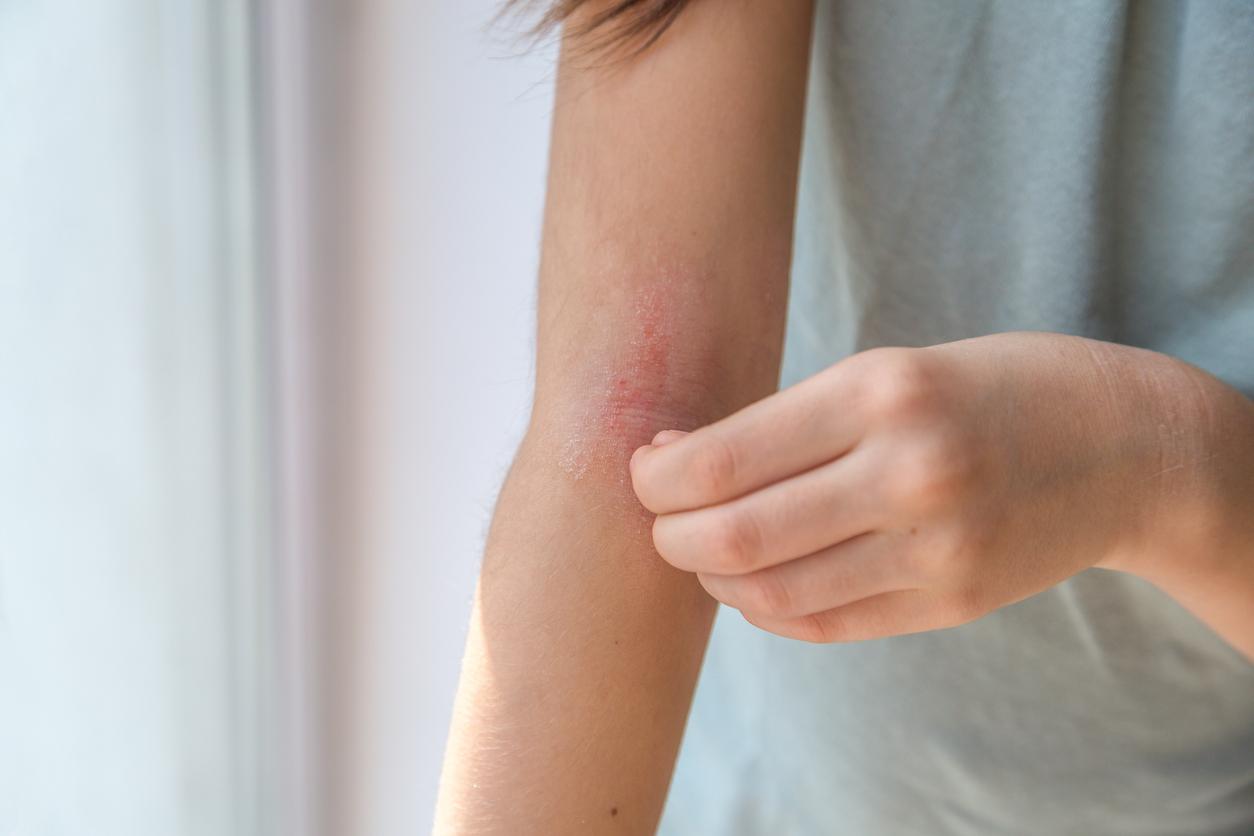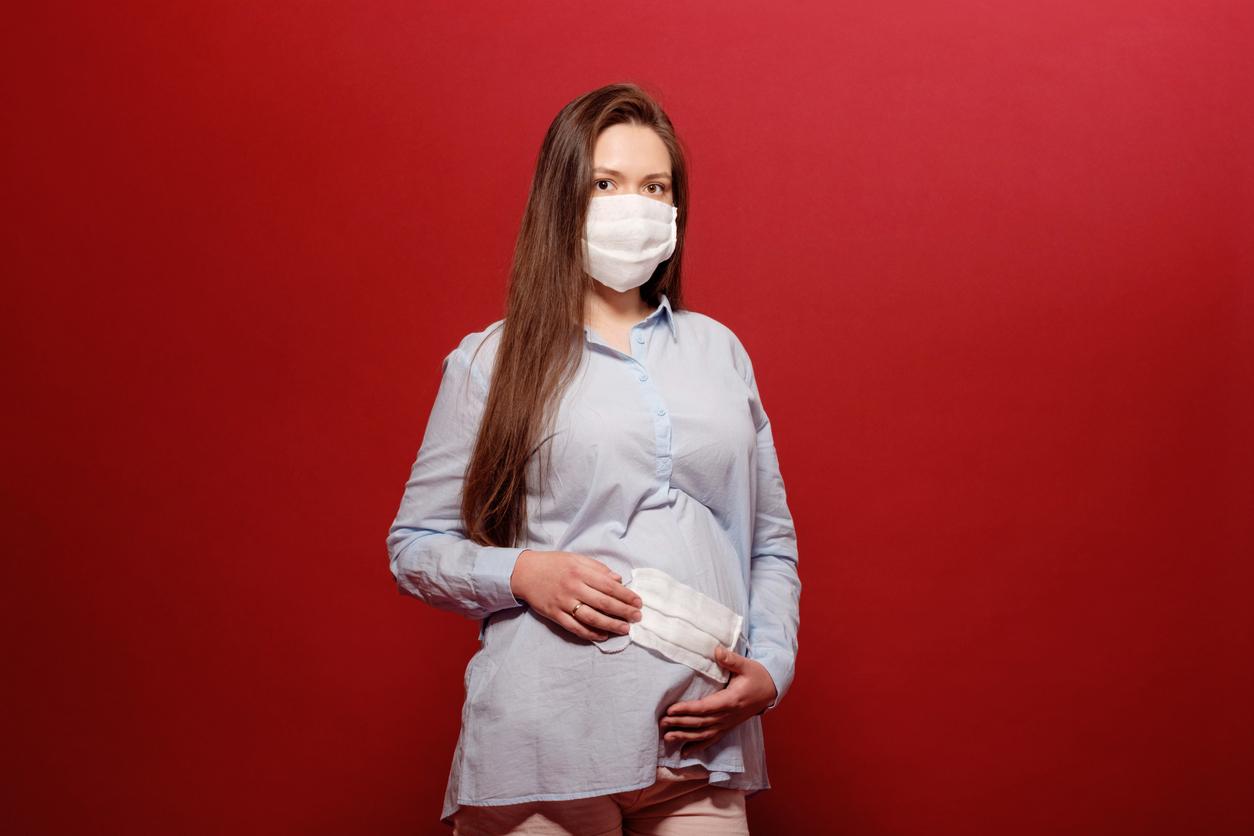The maternal and paternal exposure to air pollution reduces the chances of success of in vitro fertilization (IVF), according to a new study.
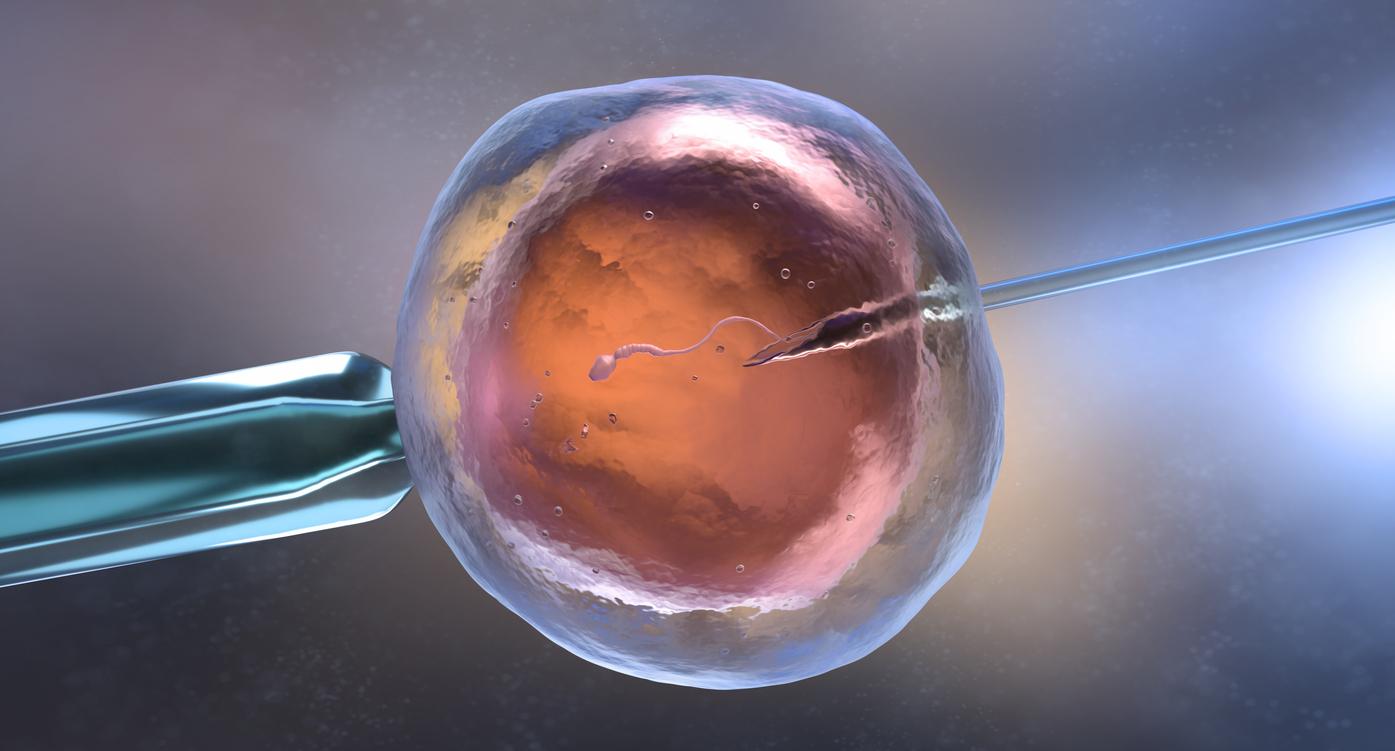
- Air pollution decreases the chances of success in in vitro fertilization (IVF), both for men and for women.
- Exposure to fine particles, including organic carbon, reduces the chances of survival of oocytes, successful fertilization and the quality of the embryo.
- Researchers call for reducing exposure to pollution for couples trying to have a child.
Eight years after the start of in vitro fertilization treatment (IVF), 48 % of couples have become parents thanks to this technique or another medical treatment, according to The National Institute of Demographic Studies (INED). IVF therefore does not always work and several factors come into play to explain this failure, such as smoking, contact with endocrine disruptors or pollution. On this last factor, a recent study published in the journal International provides new evidence.
The impact of air pollution on IVF
According to researchers from Rollins School of Public Health from Emory Universityit is more precisely the air pollution which reduces the chances of success of an IVF. This would have a negative impact on the development of the embryo.
To achieve this result, scientists have studied the samples of 500 anonymous oocyte donors and 915 men’s beneficiaries who all made IVF between 2008 and 2019. In parallel, they calculated the daily exposure to pollutants according to different criteria such as the residential address.
Thus, they observed that air pollution had an impact on IVF. More specifically, exposure to organic carbon (which is often linked to fine particles PM2.5 because from various sources of combustion such as cars exhaust jars) reduced the chances of survival of oocytes, successful fertilization and fertilization and fertilization and fertilization and The quality of the embryo.
“”The particularity of [cette étude] is that the exhibitions for sperm and oocytes are not correlated, which allows us to assess their impact on the fertilization and the quality of the embryo in a distinct way, underlines Audrey Gaskins, one of the authors. And we found that maternal and paternal exhibitions to air pollution during the gametogenesis [processus de développement des cellules germinales, c’est-à-dire reproductrices] had independent, largely harmful effects on early embryological results.”This means that even before IVF, air pollution impacts the quality of the reproductive cells of men and women.
Reduce exposure of couples trying to have a child
“” “According to our study and others, air pollution is certainly a worrying source of exhibition for people looking [à avoir un enfant]explains Sarah Lapointe, first author of the study, in a press release. We should focus on reducing exhibitions for these populations, among many other populations”.
According to UNICEFthe impact of air pollution on human health is increasingly important. There 5th edition of the State of Global Air report (SOGA) indicates that in 2021, the exposure of humans to it would have been the source of 8.1 million deaths worldwide.





